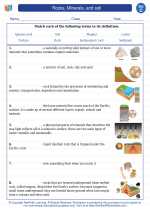What are Producers?
Producers are organisms that can make their own food through the process of photosynthesis. They are vital to the food chain and provide energy for other organisms.
Photosynthesis
Photosynthesis is the process by which producers convert sunlight, carbon dioxide, and water into glucose and oxygen. This process takes place in the chloroplasts of plant cells.
Types of Producers
Producers include plants, algae, and some types of bacteria. These organisms are found in various ecosystems, from forests and grasslands to aquatic environments.
Importance of Producers
Producers form the foundation of the food chain, providing energy for herbivores, which in turn are consumed by carnivores and other organisms. Without producers, the entire ecosystem would collapse.
Role in the Ecosystem
Producers play a crucial role in maintaining the balance of gases in the atmosphere by releasing oxygen as a byproduct of photosynthesis. They also contribute to the overall biodiversity of an ecosystem.
.◂Science Worksheets and Study Guides Third Grade. Rocks, Minerals, and soil

 Activity Lesson
Activity Lesson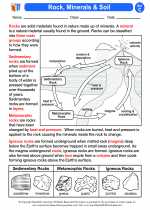
 Worksheet/Answer key
Worksheet/Answer key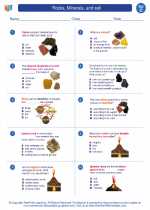
 Worksheet/Answer key
Worksheet/Answer key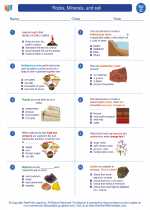
 Worksheet/Answer key
Worksheet/Answer key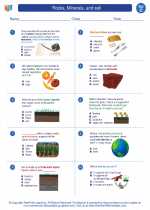
 Worksheet/Answer key
Worksheet/Answer key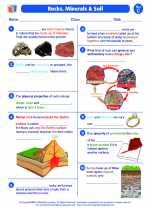
 Vocabulary/Answer key
Vocabulary/Answer key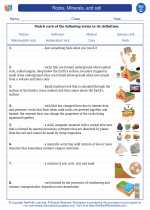
 Vocabulary/Answer key
Vocabulary/Answer key